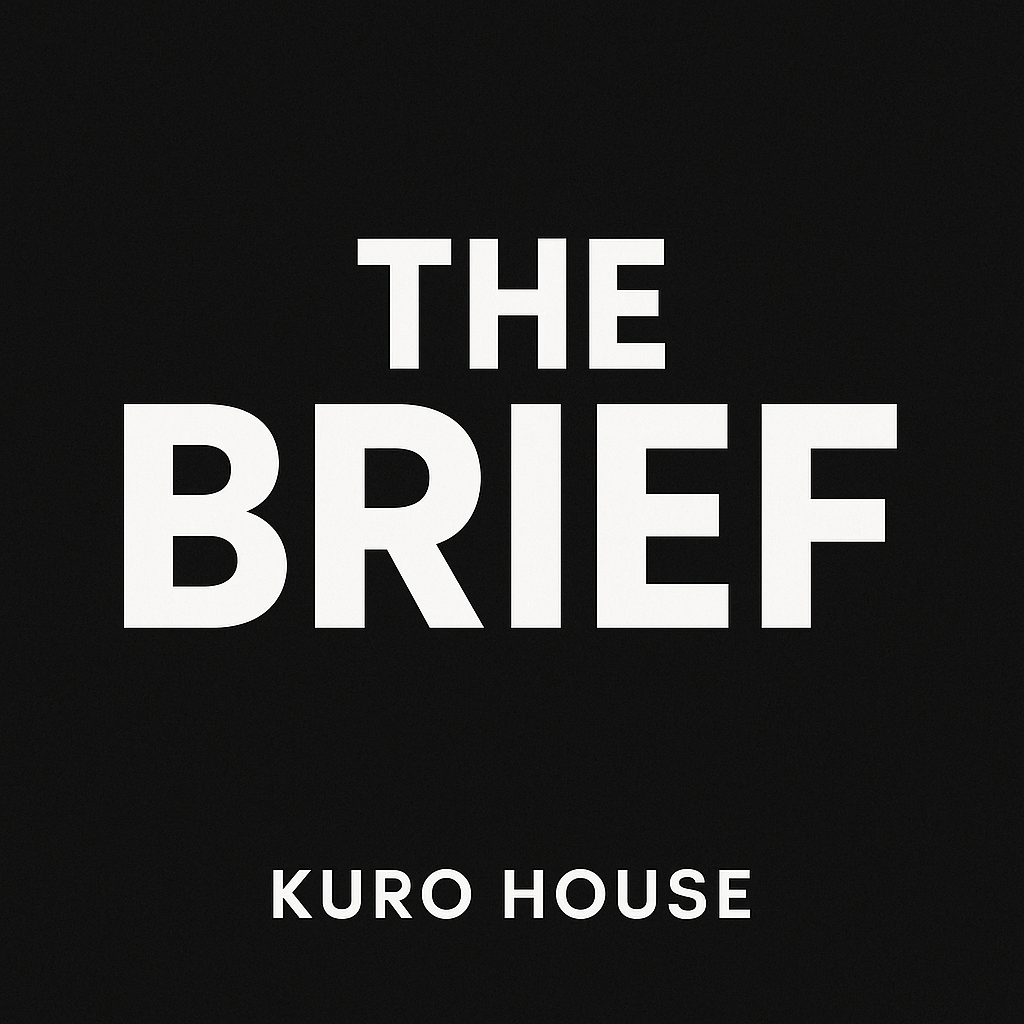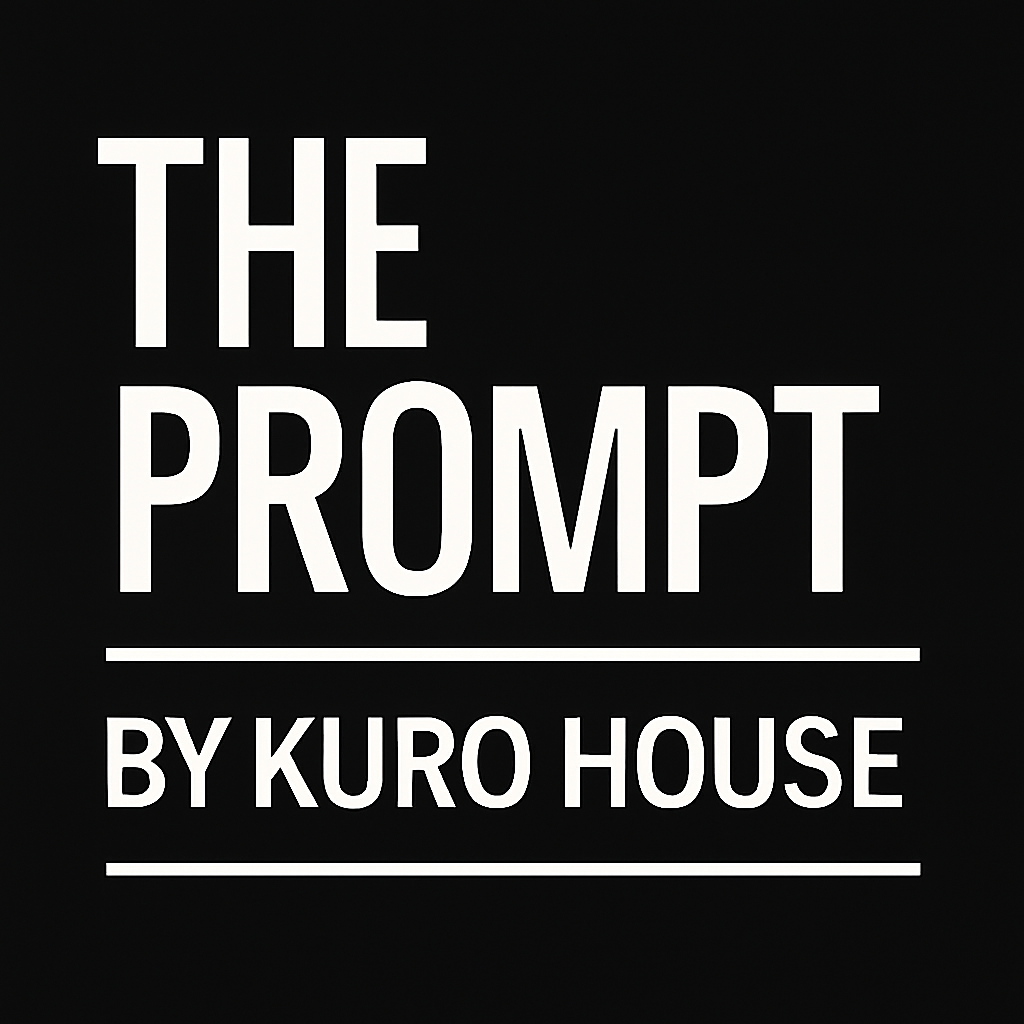Listen To The Show
Transcript
Welcome to The Brief by Kuro House, your daily dose of marketing insight to keep you sharp and ahead of the curve. Today, we’re diving into the art of modernizing legacy brands, leadership lessons from Hollywood, and the regulatory rollercoaster shaking up pharma marketing. Let’s get into the stories making waves in the marketing world right now.
First up, from Adweek, we have a fascinating look at how Megan Frank, SVP of Marketing and R&D at Mizkan, is modernizing 100-year-old brands without losing their soul. Mizkan, a 221-year-old, family-owned food company, owns iconic brands like Ragu, Bertolli, Nakano, and the newly acquired Zing Zang. Frank explains how her team keeps these legacy brands relevant by preserving their core assets while evolving to meet today’s consumer expectations. She stresses the importance of a culture of empowerment and using frameworks like OGSM—Objectives, Goals, Strategies, and Measures—to connect long-term vision to short-term action. One of her key strategies is consolidating media and shopper marketing under one team, which has enabled Mizkan to create more seamless consumer journeys. Frank also highlights the power of data-driven accountability, using custom measurement models to shift retailer conversations toward results-based planning. The takeaway? Legacy brands can move fast when vision and accountability empower teams, and relevance comes from blending timeless assets with modern activations.
Switching gears to Hollywood, Adweek shares four leadership lessons from award-winning director Jon M. Chu, known for films like Crazy Rich Asians, In the Heights, and the upcoming Wicked. Chu’s journey began as the son of Chinese immigrant parents, learning the art of storytelling in his family’s restaurant. Entering Hollywood without connections, he quickly realized the industry’s cutthroat nature. But instead of adopting the stereotypical autocratic director style, Chu’s philosophy is all about collaboration. When meeting with department heads, he focuses on the audience’s emotional experience rather than dictating every detail. He believes in hiring storytellers, not just craftspeople, and encourages them to use their expertise to serve the story. Chu has also learned that kindness isn’t weakness—once authority and trust are established, being nice can be a strength. He advocates for vulnerability, openly admitting when he doesn’t have all the answers and inviting his team’s input. Perhaps most refreshingly, Chu doesn’t shy away from admitting mistakes, believing that honesty—even about the hardest truths—builds trust and keeps everyone aligned.
Now, let’s talk about the regulatory whiplash shaking up pharma marketing, as reported by Adweek. At Advertising Week New York, a panel of industry leaders described how pharmaceutical marketers are navigating unprecedented uncertainty, thanks to shifting signals from the Trump administration and skepticism from figures like Secretary of Health and Human Services Robert F. Kennedy Jr. Recent White House moves—linking vaccines and even Tylenol use in pregnancy to autism, despite a lack of scientific consensus—have led to new FDA label changes and advisories. This has fueled public mistrust and left marketers scrambling to keep up with evolving regulations. Laurence Richards of CultHealth described the confusion, saying, “They scared the living crap out of every single company.” Kim Wijkstrom of Vanda Pharmaceuticals noted the increased legal scrutiny brands now face, and Kimberly Jones of Butler/Till pointed out that linear TV advertising is especially vulnerable. As a result, some brands are shifting spend toward sports sponsorships and digital channels, focusing on how and where they deliver messages rather than what they say. The panel agreed that, in this volatile environment, creativity must work hand-in-hand with regulatory agility and trust-building.
That’s all for today’s edition of The Brief. Whether you’re leading a hundred-year-old brand, directing a creative team, or navigating regulatory minefields, these stories show that the keys to success are adaptability, authenticity, and a willingness to evolve. Thanks for tuning in—stay sharp, stay curious, and we’ll catch you tomorrow.

